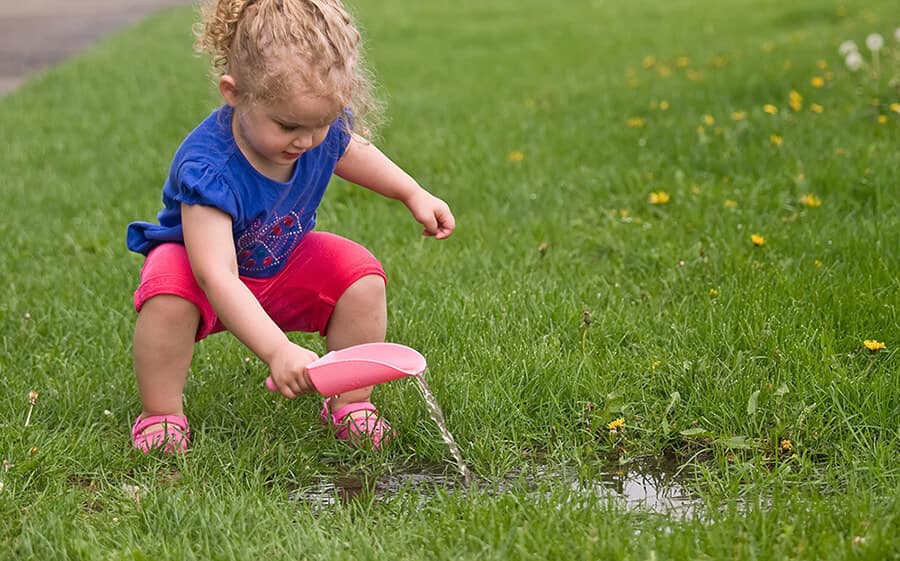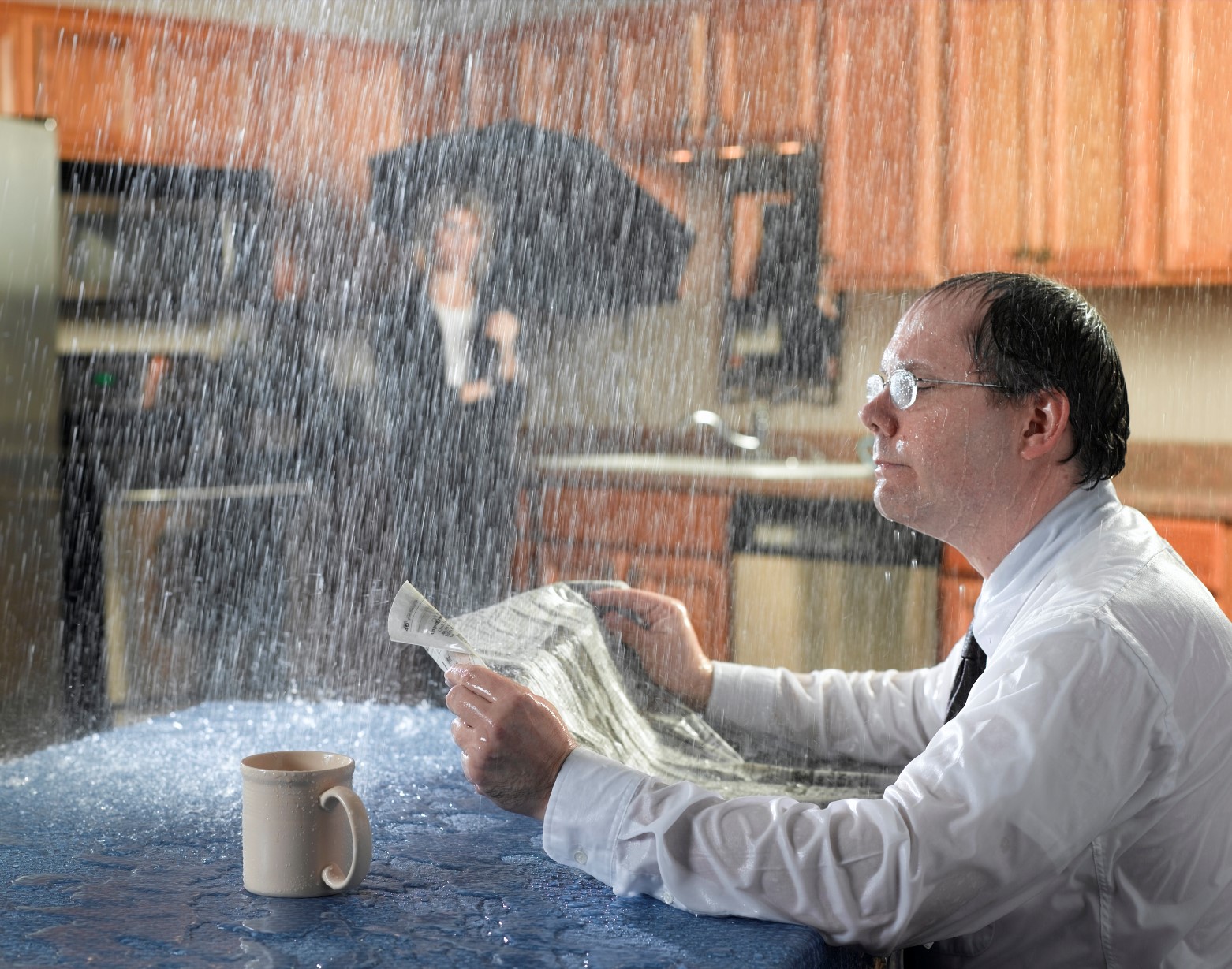The Six Most Common Origins of Water Leaks in Your Home: A Guide
The Six Most Common Origins of Water Leaks in Your Home: A Guide
Blog Article
We've stumbled on this article pertaining to How to Find Water Leaks down the page on the net and accepted it made good sense to write about it with you on my blog.

Leakages not only trigger waste of water yet can also cause unnecessary damage to your home and promote unwanted organic development. Regrettably, water leakages might go unnoticed since most of the pipework in our home is concealed. By comprehending as well as looking for day-to-day situations that cause leakages, you can secure your house from future leaks and unneeded damage. Today, we will certainly consider 6 leak causes that may be causing your pipelines to drip.
Instantaneous temperature changes.
Severe temperature level changes in our pipelines can create them to broaden and contract all of a sudden. This growth as well as tightening may create splits in the pipelines, specifically if the temperature are below cold.
Rusty water supply
This may be the cause of discoloration or bending on your water pipelines. If our plumbing system is old, think about changing the pipes because they are at a higher risk of rust than the more recent versions.
Malfunctioning Pipeline Joints
The point at which your pipelines attach is regularly the weakest link in the waterline. Pipe joints can degrade gradually, resulting in water leakages. However, the majority of pipeline joints are not conveniently visible. If you have noisy pipes that make ticking or banging noises, specifically when the warm water is activated, your pipeline joints are probably under a lot of stress. It is advisable to have your plumber inspect your system annually.
Elbowing in origins
The majority of water leaks begin outside the house instead of inside it. If you discover an unexpected decline in water pressure, state in your faucet, require time to head out as well as examine your yard. You might observe wet patches or sinkholes in your backyard, which may mean that tree origins are getting into water lines causing water to permeate out. You can have your plumber look for intrusion, especially if you have trees or hedges near your residential or commercial property.
Poor Water Connectors
At times, a leakage can be caused by loosened hoses and also pipes that provide your appliances. In instance of a water connections leakage, you may observe water running directly from the supply line or pools around your appliances.
Blocked Drains
Blocked drains pipes may be irritating and also inconveniencing, yet they can in some cases wind up causing an overflow causing burst pipes. Maintain removing any type of products that may decrease your drains that can clog them to stay clear of such hassles.
All the above are sources of leaks but not all water leaks arise from plumbing leakages; some leaks might originate from roof covering leaks. All leaks must be repaired immediately to avoid water damages.
Leakages not just trigger waste of water however can also cause unneeded damages to your home as well as promote unwanted organic growth. By looking and also recognizing for day-to-day scenarios that create leakages, you can protect your home from future leaks and also unnecessary damages. Today, we will certainly look at six leakage creates that may be causing your pipes to trickle.
At times, a leakage can be caused by loosened hoses and also pipes that provide your home appliances. In situation of a water connections leakage, you may observe water running directly from the supply line or pools around your devices.
How To Check For Water Leak In Your Home
How To Check for Leaks
The average household's leaks can account for nearly 10,000 gallons of water wasted every year and ten percent of homes have leaks that waste 90 gallons or more per day. Common types of leaks found in the home are worn toilet flappers, dripping faucets, and other leaking valves. These types of leaks are often easy to fix, requiring only a few tools and hardware that can pay for themselves in water savings. Fixing easily corrected household water leaks can save homeowners about 10 percent on their water bills.
To check for leaks in your home, you first need to determine whether you're wasting water and then identify the source of the leak. Here are some tips for finding leaks:
Take a look at your water usage during a colder month, such as January or February. If a family of four exceeds 12,000 gallons per month, there are serious leaks.
Check your water meter before and after a two-hour period when no water is being used. If the meter changes at all, you probably have a leak.
Identify toilet leaks by placing a drop of food coloring in the toilet tank. If any color shows up in the bowl after 10 minutes, you have a leak. (Be sure to flush immediately after the experiment to avoid staining the tank.)
Examine faucet gaskets and pipe fittings for any water on the outside of the pipe to check for surface leaks.
Undetected water leaks can happen without the home or business owner even realizing. If you suspect a water leak, but not able to find the source. It is time to contact a professional water leak detection service, The Leak Doctor.
How To Find a Water Leak In Your Home
https://www.leakdoctor.com/blog/How-To-Check-For-Water-Leak-In-Your-Home_AE197.html

Do you like reading up on How Fast Water Damage Can Ruin Your Home? Write feedback down below. We'd be interested to listen to your thoughts about this entry. In hopes that you come back again before long. Do you know about someone else who is truly interested in the topic? Feel free to promote it. We cherish reading our article about How to detect water leaks in your home.
Call Today Report this page